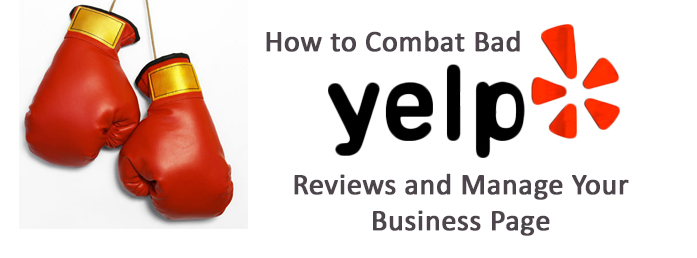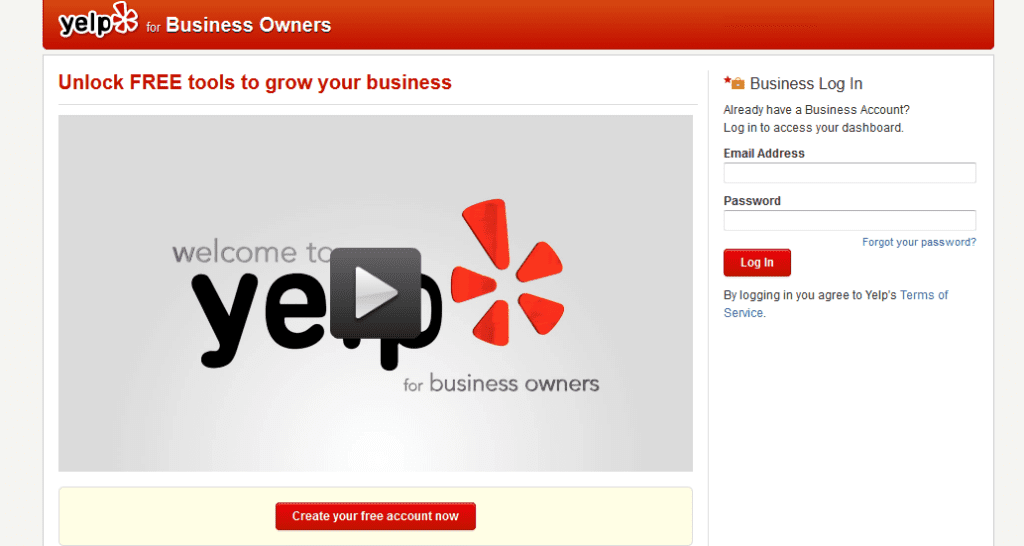It is true what they say, the pen is mightier than the sword. Specifically, applied in this day and age where online reviews are making or breaking businesses on social media soap boxes like Yelp.
Yelp is renowned for being a mecca of reviews and a 2011 Harvard study discovered that an extra Yelp star raised a company’s revenues by up to 9 percent, which has most likely jumped even higher since then.
Yelp uses an algorithm that configures which reviews will be displayed on a business’s Yelp page. When the algorithm flags a review, it’s moved to a “filtered” section on the business’s page. However, a big issue is that a number of legitimate reviews end up in the filtered section, and negative reviews that business owners think have been deleted actually have only been relocated to that section, which can be found at the bottom of the page.
Why are Your Reviews Getting Filtered?
Many things can cause the review to be filtered. From my previous experience, I have seen people get flagged for the following reasons:
– Short reviews with little to no description
– Reviews coming from the same IP address
– Someone with no profile information (profile photo, lack of friends, additional info)
– The review is very biased, either negative or positive
How to Take Control Your Reviews
Many individuals will hide behind a computer before complaining to a manager, but we’ve got some tips to work through it.
The best way to handle your Yelp page is to become vigilant and frequently monitor the page’s activity.
– Unlock your Business Page
– Fill out your page’s info
– Create a strong photo gallery
– Respond to customers, even the positive ones!
– Look at the traffic and insights for the Yelp page
– Work with Yelp (Gasp!) Try Yelp ads, which can definitely help with the page’s visibility!
What to Do About the Negative
It can be tough to handle negative criticism, but take a step back and be extremely kind. Remember, word of mouth marketing travels the fastest, so the customer is always right!
– Be diplomatic. Respond to your customers to have them elaborate on the issue.
– Maintain transparency to build trust.
– Be consistent. Don’t respond to one and ignore other bad reviews.
– Give it a positive spin
– After reviewing the issue, see if you can offer them an incentive to come back.
– Do NOT turn it into a quid pro quo situation
Yelp has even brought a higher interest to localism for small businesses. Professor Michael Luca’s Harvard Business School discovered that between the years of 2003 and 2009, Yelp’s presence decreased the popularity of chain restaurants over six years and brought more attention to small business. Additionally, 93 percent of all users who consult the site for shopping advice end up buying local, according to Yelp.
Whether you love or hate, Yelp, its influence is inarguable. It’s important to grab the page by the reins.
What other tips do you suggest for dealing with Yelp or even other social media review sites?

